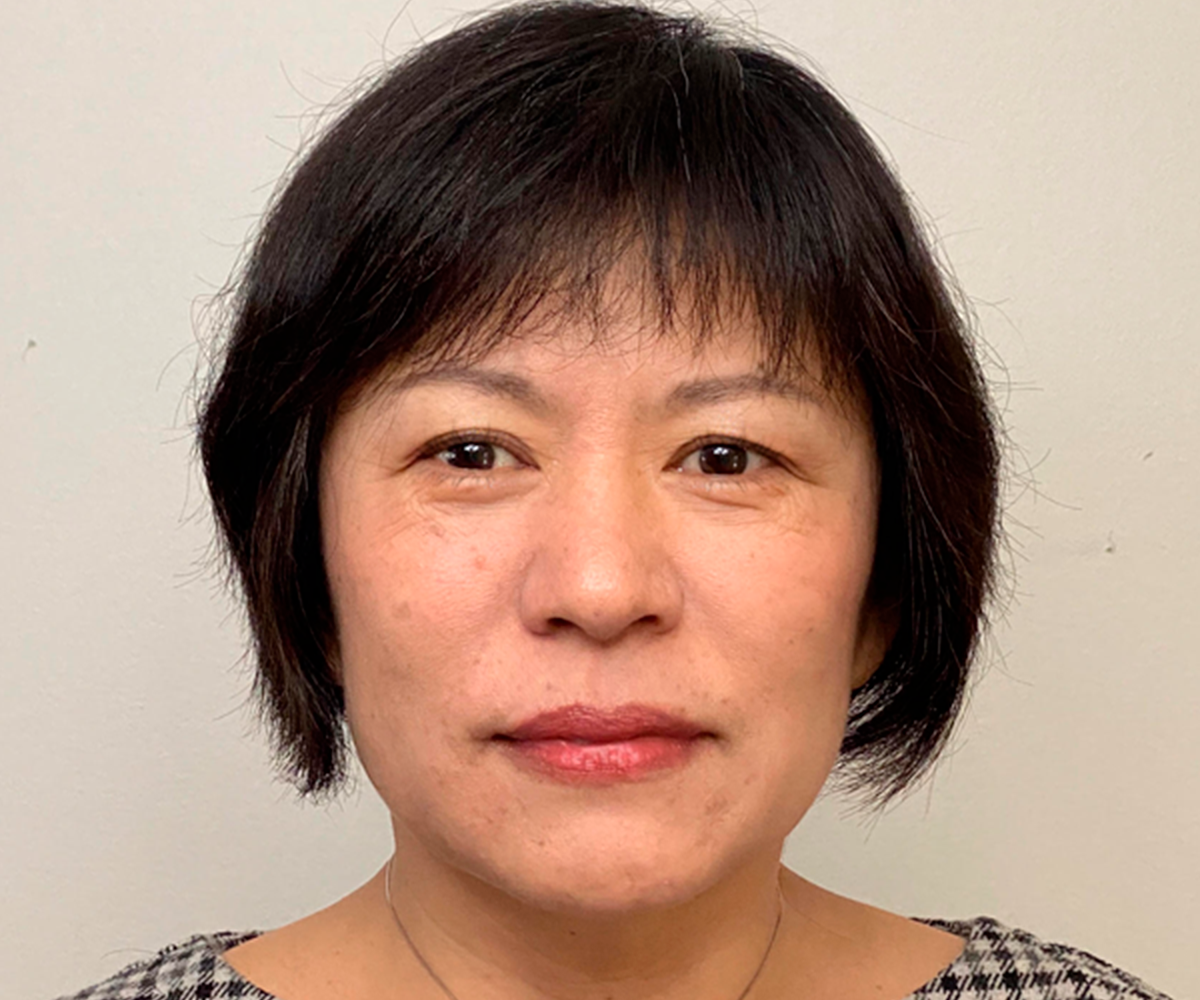


YTHDF1, which reads the N6-methyladenosine RNA modification, has been implicated in cancer progression. Researchers led by Ludwig Chicago’s Chuan He, Hua Laura Liang and Director Ralph Weichselbaum reported in a September paper in The Journal of Clinical Investigation that in cancer patients, radiotherapy (RT) increases YTHDF1 expression in dendritic cells (DCs) but not in other types of immune cells they examined. Elevated YTHDF1 expression in DCs is associated with poor outcomes in patients receiving RT. The Ludwig Chicago team found that loss of the RNA reader enhances the antitumor effects of ionizing radiation by boosting DC priming and activation of cytotoxic T cells across multiple mouse models of cancer. RT, it turns out, elevates YTHDF1 expression in DCs through a signaling cascade involving STING—a sensor of double-stranded DNA within cells that is activated by RT and stimulates inflammation and innate immune responses by driving the expression of interferon I (IFN-I). But higher levels of YTHDF1 then counter that anti-tumor effect by driving the degradation of STING and compromising IFN-I production. To evaluate the therapeutic implications of their discovery, the researchers devised a prototype YTHDF1-deficient DC vaccine and showed that it significantly improved the therapeutic effect of RT and radio-immunotherapy in a mouse model of melanoma.
YTHDF1 loss in dendritic cells potentiates radiation-induced antitumor immunity via STING-dependent type I IFN production
The Journal of Clinical Investigation, 2024 September 26